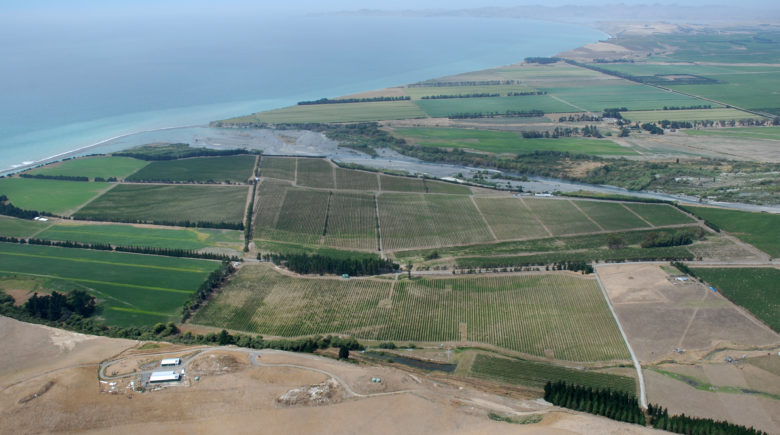Under the RMA, and unless otherwise specified in the decision, resource consents granted for subdivision and most land use activities are enduring, without an expiry date. The remaining consents specify a term, not exceeding 35 years. If no term is specified in the decision the consent will expire after 5 years. The take home message is to be vigilant around when consents expire. Sections 123 and 123A of the RMA deal with the duration of consents.
Of course this is all predicated on whether the consent has been given effect to in the first place. Section 125 of the RMA says that resource consent will lapse if not given effect to by the date specified in the consent decision. If no date is specified then the lapse date defaults to 5 years for most consent categories and 3 years for coastal permits for aquaculture activities. An application can be made to extend the lapse period. Section 125 sets out the matters that the Marlborough District Council will need to take into account when assessing the application. Be mindful of the requirements set out in the consent to demonstrate that effect has been given. The consent will often have conditions that state they must be completed before operating under the consent.
You can easily access Council’s records on resource consents via its website. The Smart Maps tool provides a range of search functionality, including property based searches, marine farm and resource consent searches. Whichever way you use the tool you can make your way to the resource consent and view the decision document, related documents and records.
The Council website also provides information on resource consents and how to apply for them. Don’t forget that Council is currently developing a digital resource consenting system. To read more on this system refer to our previous article “Welcome”. Stage 1 of the system roll-out is the online application tool. You can use it now to lodge your applications with Council. Follow the link provided on our website.
Take a look at Sections 124, 124A, 124B and 124C of the RMA. If an application is lodged for a new consent for the same activity at least 6 months prior to the expiry of an existing consent, the consent holder may continue to operate until the new consent is either granted or declined, and all appeals are determined. If the new application is lodged between 6 and 3 months before the expiry of the existing consent, then the ability for the consent holder to continue operating is at the discretion of Council. If the application is not lodged at least 3 months prior to the expiry of the existing consent, the operation must cease on the expiry of the consent.
When there is more than one application for the same resource, an application to replace existing consents (Section 124) is entitled to priority over the application that are not. Sections 124B and 124C set out how to manage consent applications that are competing for the same resource.
Finally, when Council considers any new applications to replace existing consents (Section 124) it must have regard to the value of the investment of the existing consent holder. Section 104 of the RMA sets out the general matters Council must have regard to when considering an application for resource consent.


